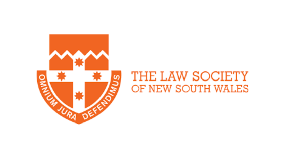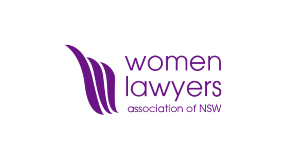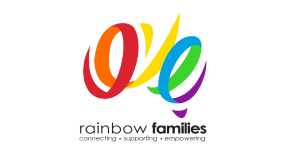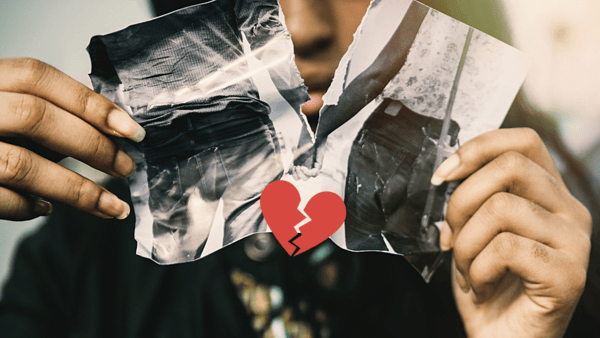Legal Aid
Where possible, we will act for you on a Legal Aid grant.
Legal Aid provides funding for family law services for people who are financially disadvantaged and assists people experiencing domestic and family violence. If possible, we will act for you on a grant of legal aid.
Legal Aid Offices can be found right around Australia.
Legal Aid NSW can be reached via 1300 888 529 / 02 9219 5000 or website www.legalaid.nsw.gov.au
Just like in all family law cases where children are involved, KMJ Family Law aims to achieve a safe and workable outcome, with the children’s best interests at the core.
Family Dispute Resolutions Conferences at Legal Aid
The Family Dispute Resolution service at Legal Aid NSW can hold a family dispute resolution conference for you before the matter goes to court or at any point after that up until the final hearing date.
When Legal Aid NSW gives one of the parties funding for a family dispute resolution conference, a conference organiser from Legal Aid NSW will invite the other parties to attend and arrange a time that suits everyone. The conference organiser will not be at the conference.
All invited parties can apply for legal aid. You can check your financial eligibility using the means test indicator on the Legal Aid NSW website.
Legal Aid family mediations are available for parties anywhere in NSW. They are held face to face, or with the parties in separate rooms, or by telephone.
Call today to find out more
Our Services
Frequently Asked Questions
The conference will be conducted by an experienced family dispute resolution practitioner (also called a mediator). All the parties will have an opportunity to talk about the issues that are important to them. The mediator will:
- ask each party what they want to happen and why
- help everyone to listen and talk to each other to try to reach an agreement that can be turned into court orders
- ask the lawyer to write up an agreement reached as either orders or a parenting plan.
During the conference, each party will have an opportunity to have time alone with the mediator. What is said in that private meeting will not be shared with the other parties unless the party agrees it can be shared.
If you are self-represented, you must tell the conference organiser. If you are legally represented, you must tell your lawyer if you are worried about your safety at a conference.
If you are self-representing, you do not need a lawyer in attendance. If you instruct a lawyer, your lawyer will attend the conference to give you legal advice and support as well as speak on your behalf if necessary.
If you reach an agreement, it can be made into court orders, or a less formal parenting plan. If you cannot agree, or if the mediation is terminated, the mediator may issue a certificate so that you can take the matter to court.
If you received legal aid for the conference you must put in a new application for legal aid for any further help after the conference.
Resources
Proud members of
















